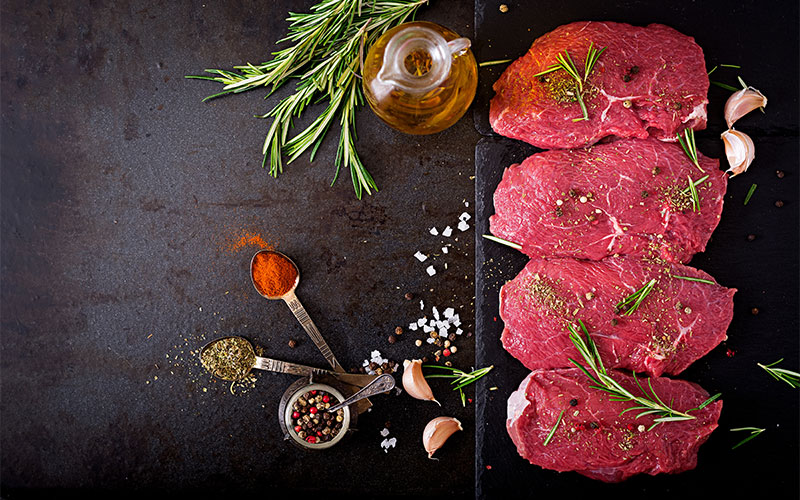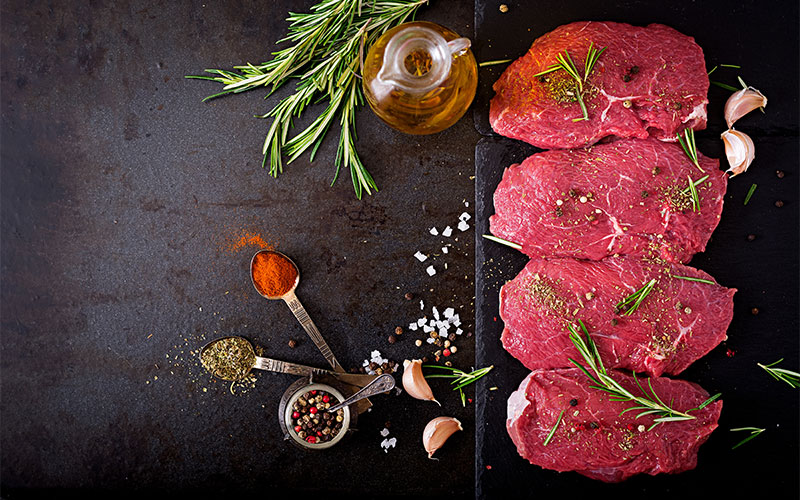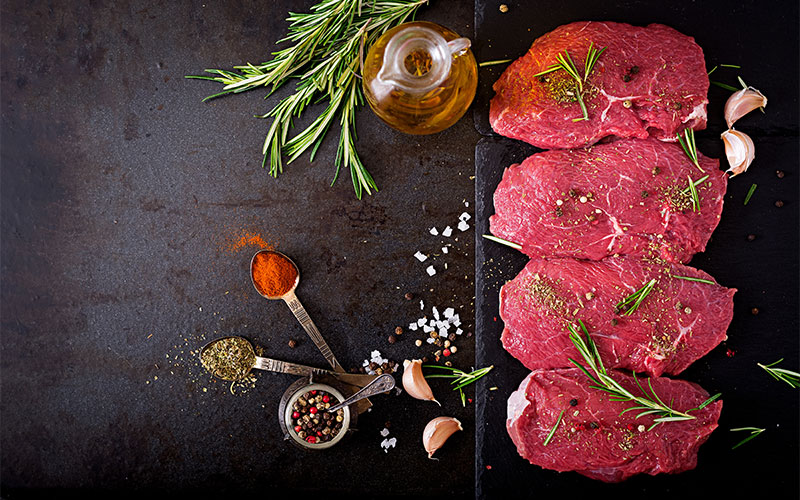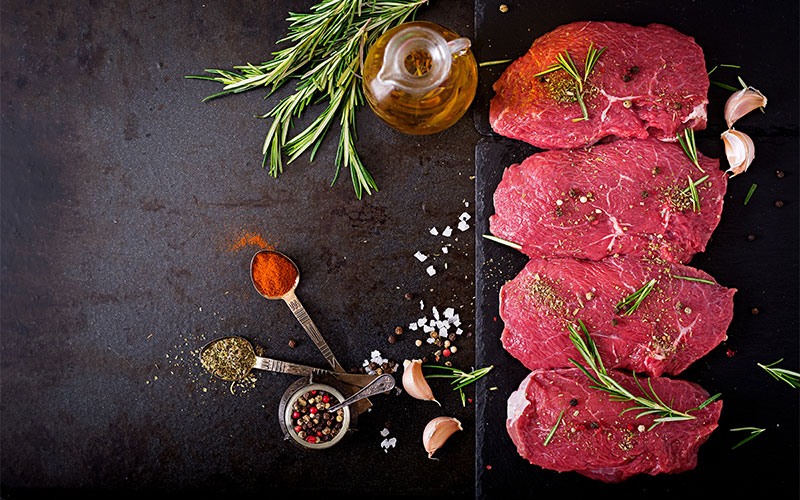
Deer
Nutritional information per 100 grams
Nutrition Facts
| Calories | Protein | Fat | Carbs | Sugar | Fiber |
|---|---|---|---|---|---|
| 158 | 30g | 3g | 0g | 0g | 0g |
Highlights
-
High Protein Content: Deer meat is an excellent source of high-quality protein, which is essential for muscle repair, growth, and overall body function.
-
Low in Fat: Venison is naturally lean, with lower fat content compared to beef or pork. This makes it a suitable choice for individuals looking to reduce their fat intake or maintain a healthy weight.
-
Rich in Essential Nutrients: Deer meat is packed with essential nutrients such as iron, zinc, phosphorus, selenium, and various B vitamins. These nutrients play crucial roles in energy metabolism, immune function, and overall health.
-
Source of Iron: Venison is particularly rich in iron, a mineral essential for the production of hemoglobin, which carries oxygen in the blood. Consuming deer meat can help prevent iron deficiency anemia.
-
Low in Carbohydrates: For individuals following low-carb or ketogenic diets, deer meat can be a suitable protein source as it contains negligible amounts of carbohydrates.
-
Natural and Organic: Wild deer are often free-range animals that feed on natural vegetation, resulting in meat that is free from hormones, antibiotics, and other additives commonly found in commercially raised livestock.
-
Sustainable and Ethical: Hunting deer for meat can be a sustainable and ethical practice when done responsibly and within regulations. It promotes conservation efforts and helps control deer populations in certain regions.
-
Versatile and Flavorful: Deer meat has a distinct flavor that many people find appealing. It can be prepared in various ways, including grilling, roasting, stewing, and sautéing, offering versatility in culinary applications.
About This Meat
Vitamins & Nutrients
- Cholesterol: Approximately 120 milligrams
- Sodium: Varies based on preparation method, typically low
- Carbohydrates: Virtually none (less than 1 gram)
- Dietary Fiber: None
- Vitamins and Minerals:
- Iron: Approximately 3.5 milligrams (19% DV)
- Zinc: Approximately 4 milligrams (36% DV)
- Phosphorus: Approximately 220 milligrams (31% DV)
- Selenium: Approximately 24 micrograms (44% DV)
- Vitamin B12: Approximately 2.8 micrograms (117% DV)
- Niacin (Vitamin B3): Approximately 7.5 milligrams (47% DV)
- Riboflavin (Vitamin B2): Approximately 0.4 milligrams (31% DV)
- Thiamine (Vitamin B1): Approximately 0.2 milligrams (17% DV)



